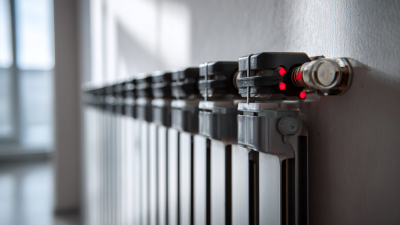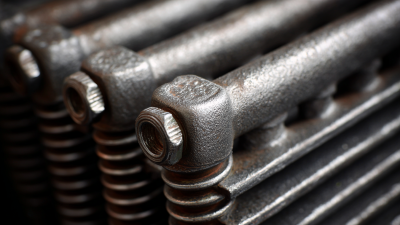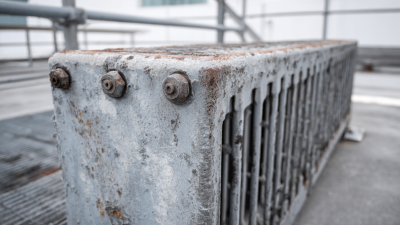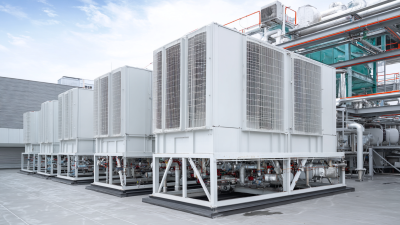In the automotive industry, understanding the secrets behind Radiator Corrosion Resistance is crucial for enhancing the longevity of vehicle cooling systems. According to the Automotive Engineering International journal, corrosion is responsible for approximately 60% of radiator failures, significantly impacting vehicle performance and maintenance costs. Furthermore, a report from the Society of Automotive Engineers reveals that improved corrosion resistance techniques can extend the lifespan of radiators by up to 50%, reducing the need for premature replacements. This underscores the importance of innovative materials and protective coatings designed to combat corrosion. By leveraging scientific advancements and best practices in radiator manufacturing, stakeholders can ensure optimal performance and durability, ultimately resulting in cost savings and increased customer satisfaction. This guide delves into the principles and practices that significantly enhance radiator corrosion resistance to achieve long-lasting results in automotive applications.
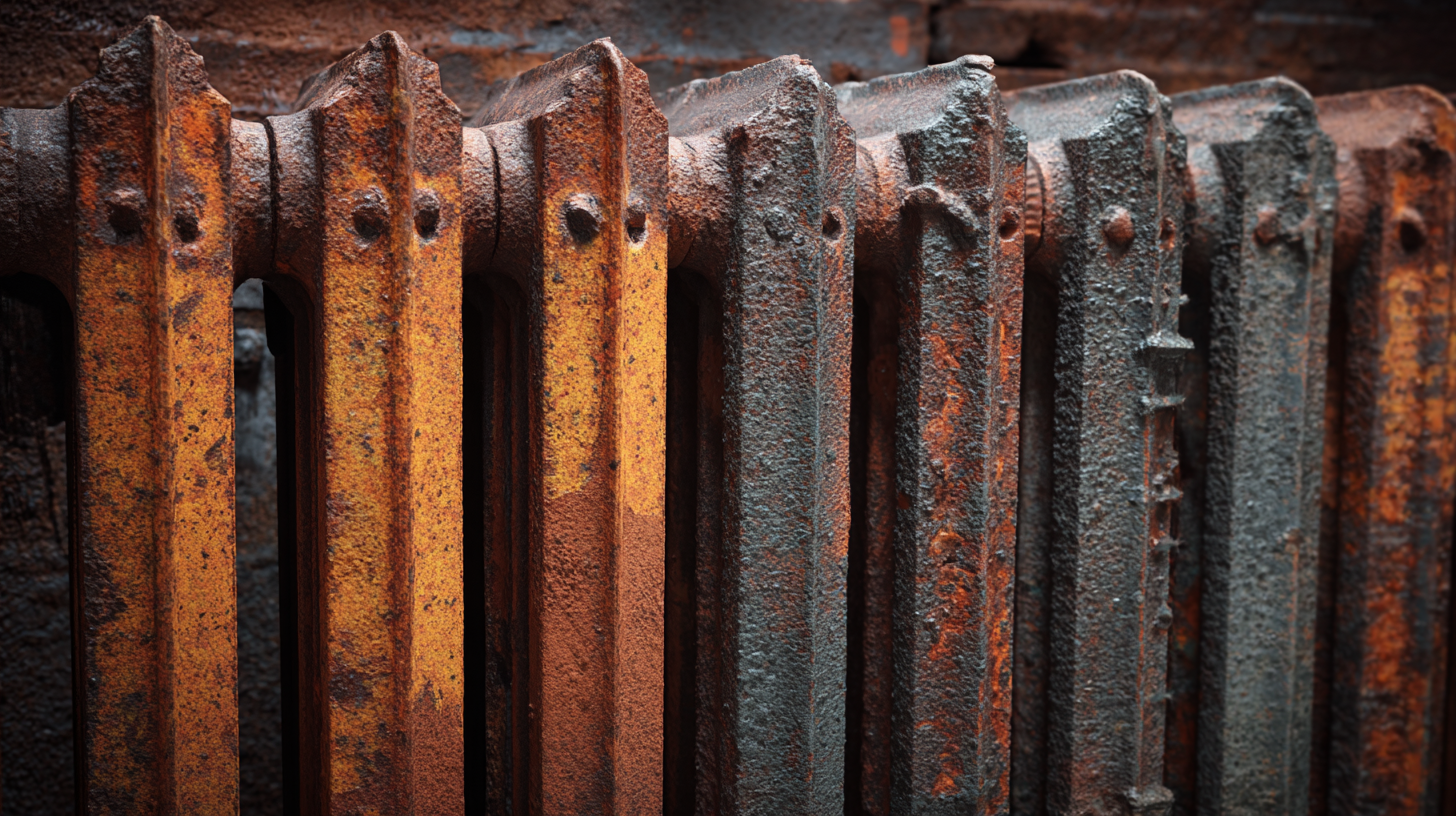
Radiator corrosion resistance is a critical factor in ensuring the longevity and performance of automotive cooling systems. Various elements influence this resistance, primarily the materials used in radiator construction, the quality of the coolant, and the operating environment. According to a recent report from the Society of Automotive Engineers (SAE), the most common materials for radiators are aluminum and copper-brass, with aluminum radiators showing a higher resistance to corrosion due to their natural oxide layer. This layer serves as a protective barrier against corrosive agents, thus enhancing the radiator's lifespan.
Additionally, the type of coolant plays a significant role in corrosion resistance. A study by the National Institute for Automotive Service Excellence (ASE) revealed that coolants containing organic acid technology (OAT) exhibited superior protective properties compared to traditional ethylene glycol formulations. OAT coolants significantly reduce the risk of galvanic corrosion, especially in mixed metal cooling systems. Furthermore, environmental factors such as pH levels and the presence of chlorides in the cooling system can accelerate corrosion rates, emphasizing the need for regular maintenance and monitoring to ensure optimal radiator performance.
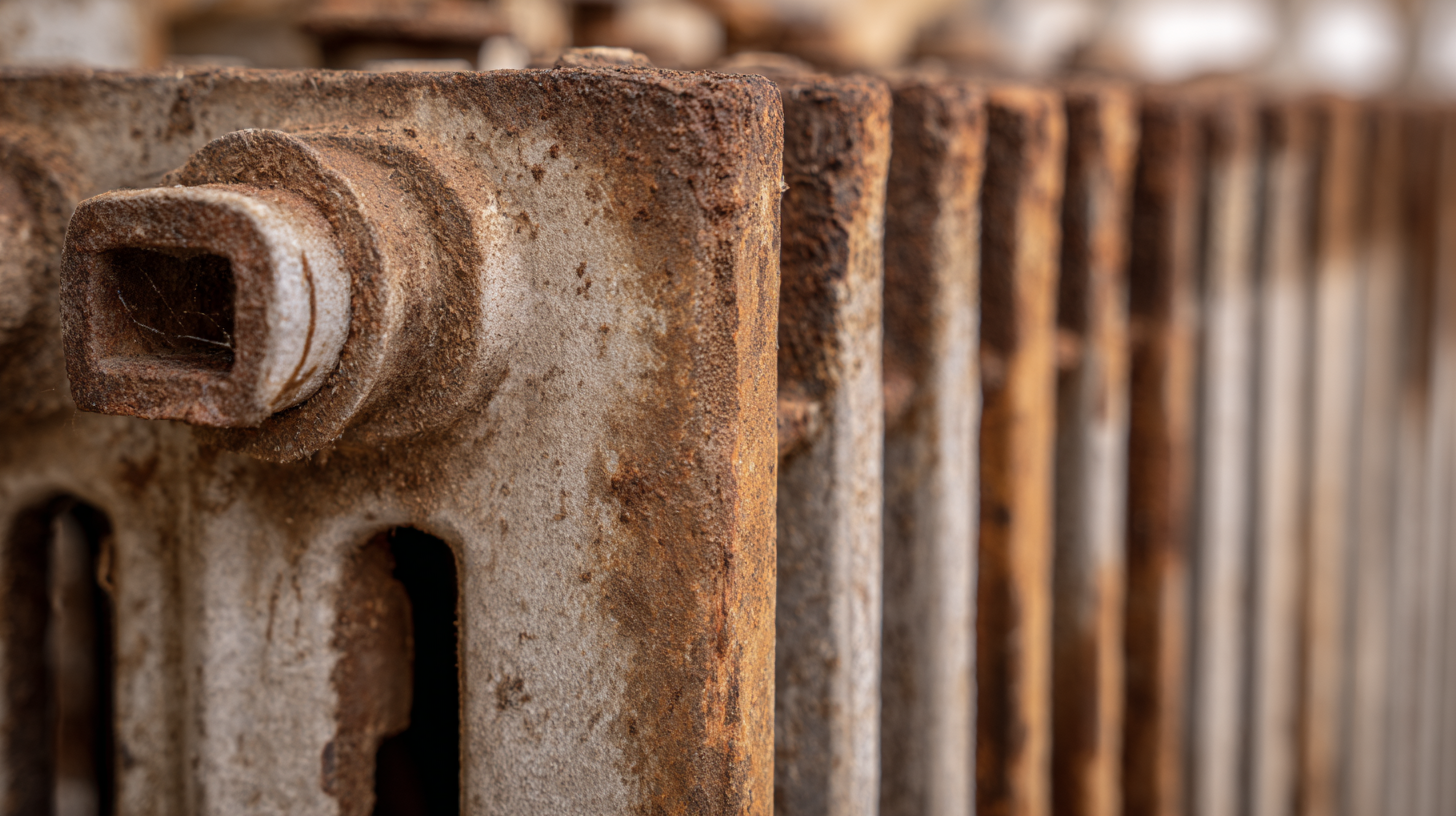
Corrosion is a common yet preventable issue that affects radiators, significantly diminishing their lifespan. Understanding the top causes of radiator corrosion can help car owners take proactive measures. One major factor is the buildup of debris and contaminants in the cooling system. Regular maintenance, such as utilizing effective radiator flushes, can remove these harmful substances and keep the system running smoothly. Many enthusiasts recommend specific products designed to tackle light corrosion and clean contaminants efficiently.
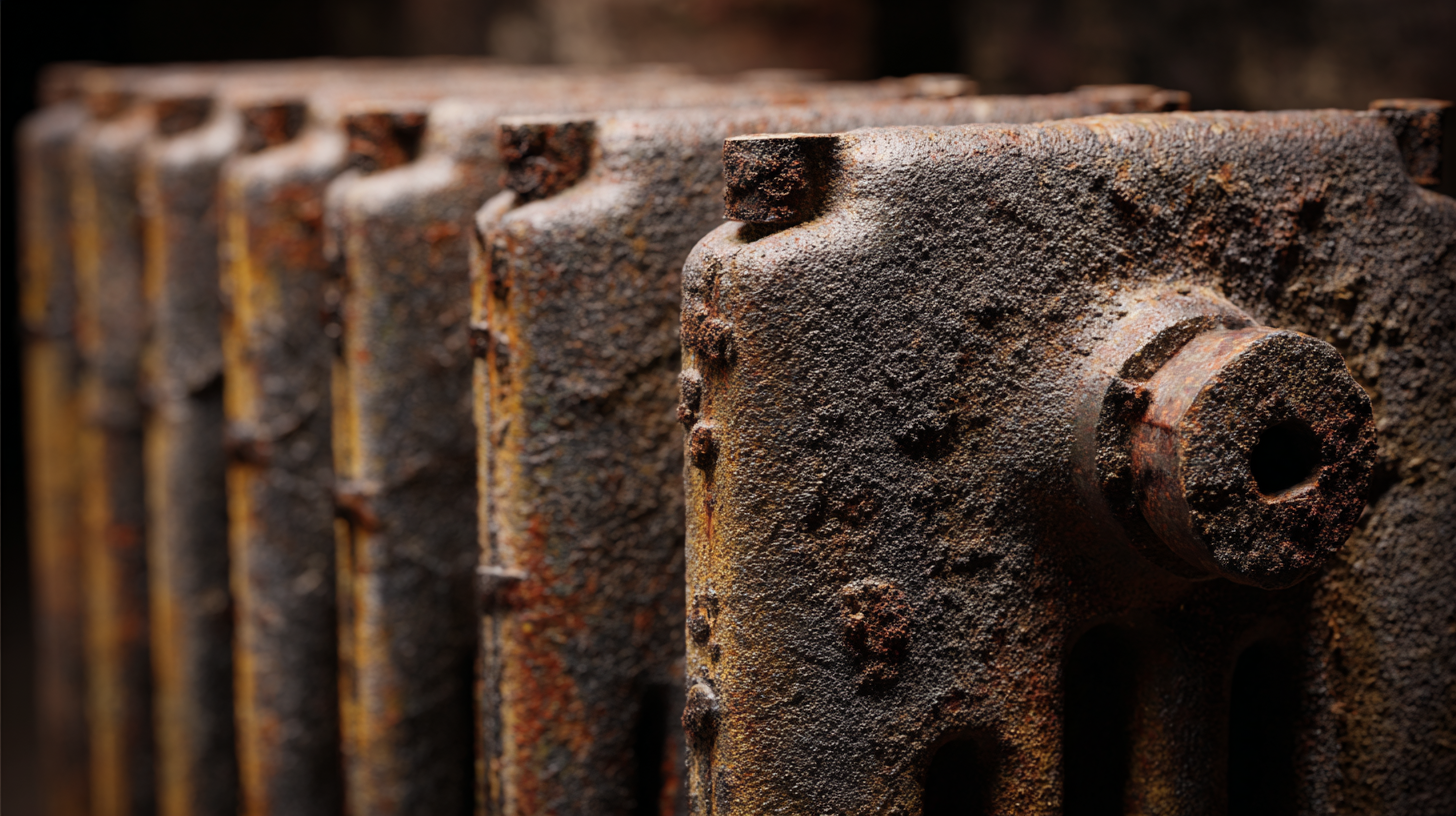
Another factor contributing to corrosion is the improper use of concentrated additives without proper dilution. Mixing these additives directly in the radiator can lead to significant damage, not just to the radiator itself but also to other crucial engine components. To mitigate this risk, it's vital to follow manufacturer guidelines for dilution. Additionally, regular checks for leaks and the use of quality coolant can help maintain a healthy cooling system, ultimately extending the radiator’s longevity and performance.
When selecting materials for corrosion-resistant radiators, it’s crucial to understand the properties of different metals and alloys. Stainless steel and aluminum are popular choices due to their innate resistance to rust and deterioration. Stainless steel, particularly, offers excellent durability and can withstand high temperatures, making it suitable for high-performance applications. Aluminum, on the other hand, is lightweight and exhibits good thermal conductivity, enhancing the overall efficiency of the radiator.
In addition to the base materials, surface treatments play a vital role in enhancing corrosion resistance. Coatings such as anodizing or painting can provide an additional layer of protection against environmental factors. It's important to consider the radiator's operating environment, as factors like humidity, temperature fluctuations, and exposure to corrosive substances can significantly affect the longevity of the radiator. By carefully selecting the appropriate materials and treatments, one can significantly improve the lifespan of the radiator while maintaining its performance and functionality.
| Material Type | Corrosion Resistance Rating | Durability (Years) | Cost (Per Unit) | Ideal Applications |
|---|---|---|---|---|
| Aluminum | High | 10-15 | $100 | Automotive, HVAC |
| Copper | Very High | 15-20 | $150 | Industrial, Marine |
| Steel | Moderate | 5-10 | $80 | Construction, General Use |
| Plastic Composites | High | 10-15 | $120 | Residential Heating |
| Stainless Steel | Very High | 20+ | $200 | Marine, Premium Automotive |
Maintaining your radiator is crucial for ensuring its longevity and effectiveness. Regular maintenance can prevent corrosion, which is a leading cause of radiator failure. According to industry reports, nearly 30% of radiator issues are attributed to corrosion-related problems, making it essential to adopt a proactive maintenance strategy.
Start by regularly checking your coolant levels and ensuring that you use the right type of coolant for your radiator. Using a mixture of antifreeze and water with a 50:50 ratio can significantly reduce the risk of corrosion. Additionally, flush your radiator every two years, as contaminated coolant can lead to sludge buildup, which exacerbates corrosion.
**Tips:** Inspect hoses for leaks or wear and replace them promptly to prevent coolant loss and overheating. Also, consider installing a radiator filter to catch debris and contaminants before they can settle in your radiator system.
Be mindful of any signs of overheating or unusual noises from your engine, as these could indicate a problem with the radiator. Consistent monitoring, combined with scheduled maintenance, can extend the life of your radiator, thereby enhancing the overall longevity of your vehicle.
This chart illustrates the percentage impact of various factors on radiator corrosion resistance. Regular maintenance and the use of anti-corrosion coatings play crucial roles in enhancing the longevity of radiators.
Innovative technologies
play a crucial role in enhancing the durability of radiators against corrosion, a common issue that can significantly reduce their lifespan and efficiency. Recent advancements have introduced specialized coatings designed to provide a robust barrier against corrosive elements. These coatings not only protect the metal surfaces but also improve heat transfer efficiency, ultimately leading to better performance in various automotive and industrial applications.
Furthermore, the development of corrosion-resistant materials, such as aluminum alloys with added elements, has revolutionized radiator design. These materials exhibit superior resistance to oxidation and electrolysis, extending the operational life of radiators in harsh environments. Additionally, incorporating smart sensors enables real-time monitoring of corrosion levels, allowing for proactive maintenance and reducing unexpected failures.
As these innovative technologies continue to evolve, they promise a new era of radiator durability, ensuring enhanced longevity and reliability for consumers.

